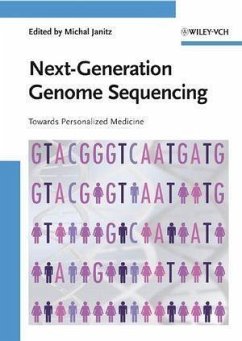
Signal Transduction and Human Disease (eBook, PDF)
Versandkostenfrei!
Sofort per Download lieferbar
193,99 €
inkl. MwSt.
Weitere Ausgaben:

PAYBACK Punkte
0 °P sammeln!
This book uniquely relates the broad impact of signal transduction research on the understanding and treatment of human disease. There have been significant advances in the area of signaling in disease processes, yet no resource presently connects these advances with understanding of disease processes and applications for novel therapeutics. Given the emphasis on translational research and biological relevance in biotechnology, and, conversely, the importance of molecular approaches for clinical research, it is evident that a single resource bridging signaling research and human disease will b...
This book uniquely relates the broad impact of signal transduction research on the understanding and treatment of human disease. There have been significant advances in the area of signaling in disease processes, yet no resource presently connects these advances with understanding of disease processes and applications for novel therapeutics. Given the emphasis on translational research and biological relevance in biotechnology, and, conversely, the importance of molecular approaches for clinical research, it is evident that a single resource bridging signaling research and human disease will be invaluable.
Dieser Download kann aus rechtlichen Gründen nur mit Rechnungsadresse in A, B, BG, CY, CZ, D, DK, EW, E, FIN, F, GR, HR, H, IRL, I, LT, L, LR, M, NL, PL, P, R, S, SLO, SK ausgeliefert werden.












